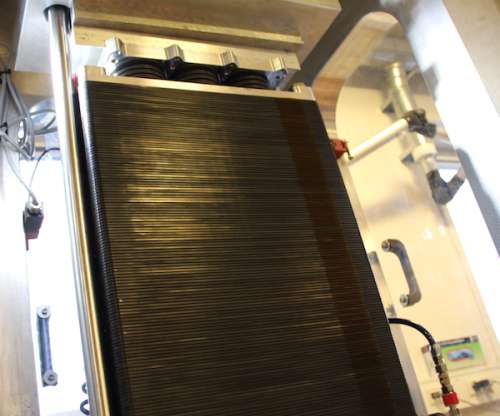EPA Proposes to Streamline Approval Process for Fuel Conversion Systems
Green Car Congress
MAY 7, 2010
The US Environmental Protection Agency (EPA) is proposing to make it easier for manufacturers to gain approval to sell fuel conversion systems. The proposed rule would cover conversions of light-duty vehicles and heavy-duty highway vehicles and engines, and would apply to all clean alternative fuels. Vehicle/Engine Age.












Let's personalize your content